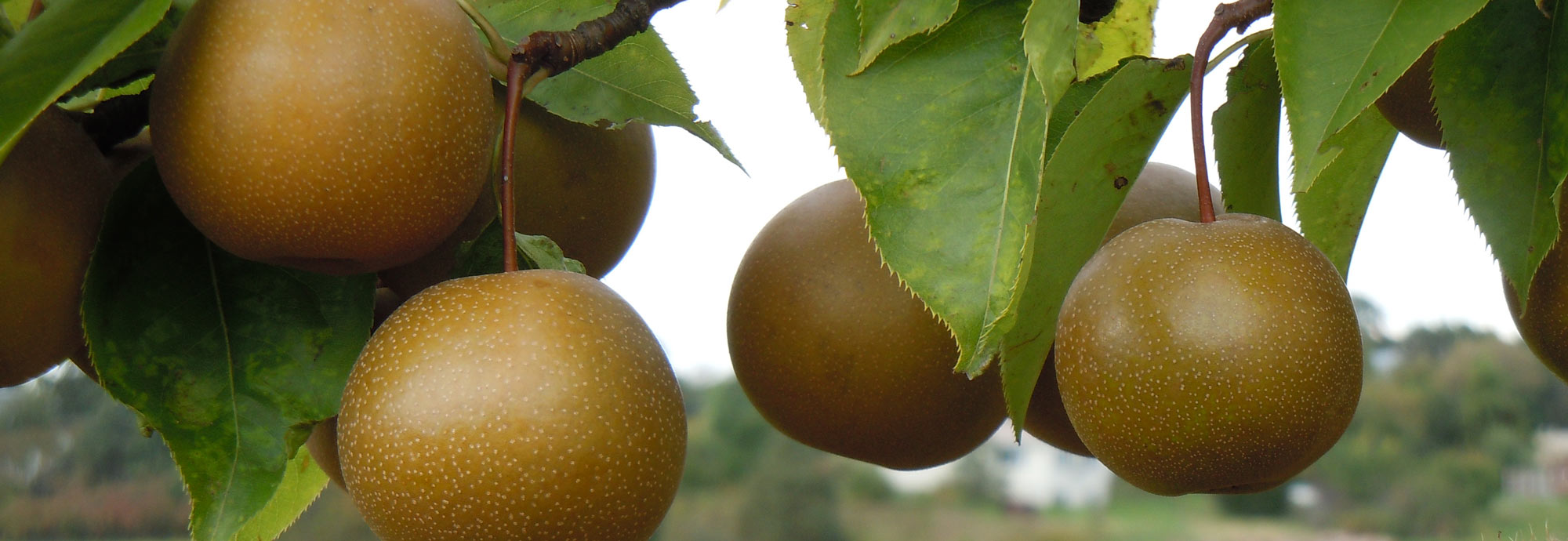Fruits and Specialty Crops
From growing organic fruits and flowers to producing high quality fibers, organic specialty crops are integral to regenerative agriculture and a local food system. Specialty crops such as nuts, mushrooms, flowers, fruits, and fibers can provide additional revenue for a farm, while simultaneously improving soil health and helping to mitigate the effects of climate change.
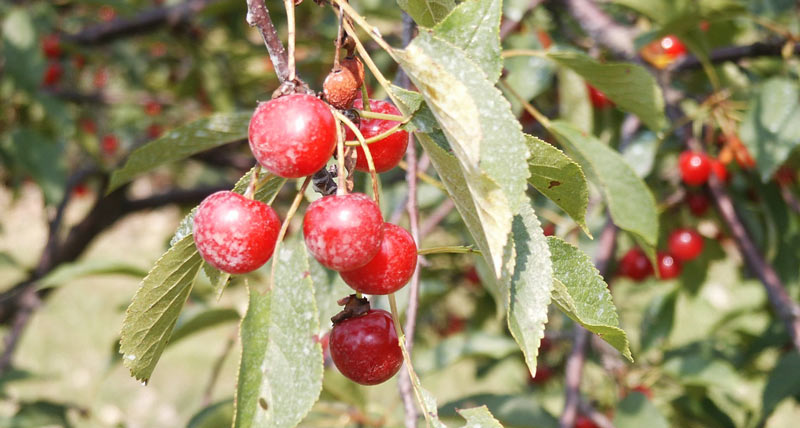
Fruits
Growing organic fruit in the Midwest is challenging but rewarding. Our humid summers encourage fungal disease and insect pests, while cold winters and unpredictable springs can impact the health and longevity of trees and plants. With active and careful management, it can be done, and is an important niche market in many areas. Learn more about organic fruit production here.
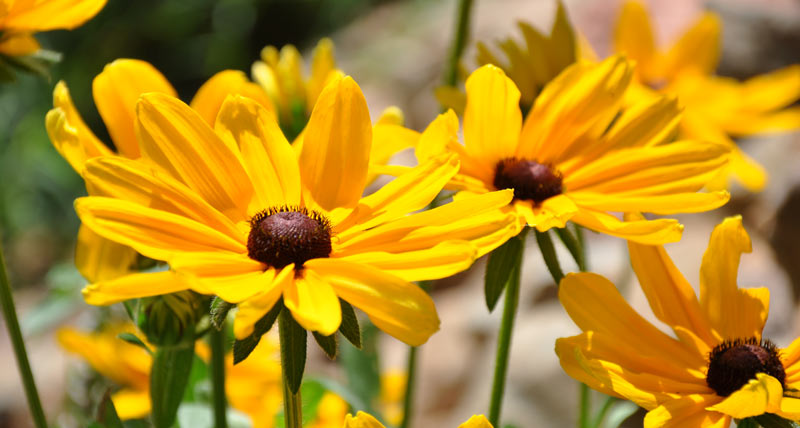
Flowers
Organic cut flowers can be a great addition to an existing farm, or a business all on its own, marketing to florists, providing flowers for weddings, or selling bouquets at the farmers market. Learn more about organic flower production here.
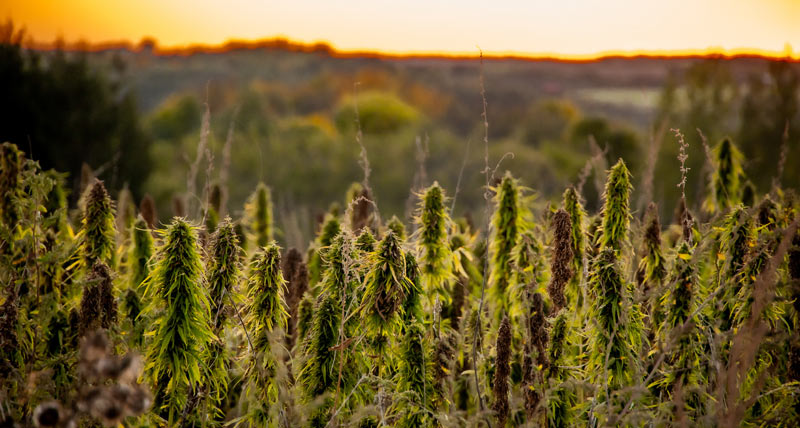
Fibers
Growing crops for fiber, such as hemp and flax, is gaining traction in the Midwest. These alternative fibers can be added into a cropping system to allow for a more robust crop rotation or be a single enterprise for a farm.
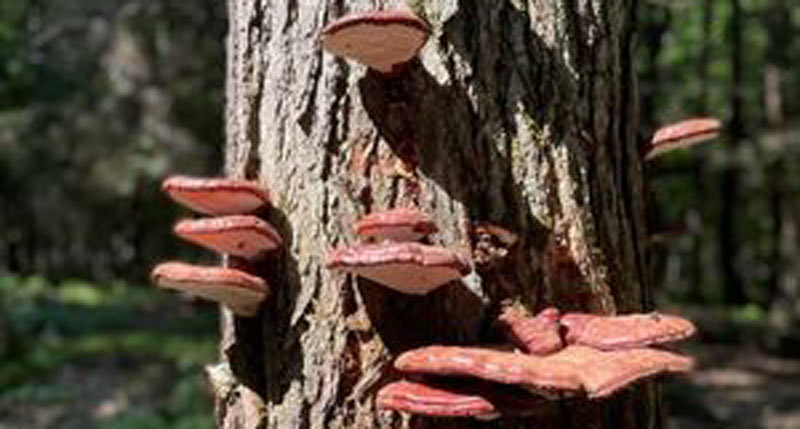
Mushrooms
There are many ways to cultivate mushrooms - indoors, outdoors, in straw, on logs, or in woodchips. Whatever option you choose, mycelium can be an integral part of decomposition, renewal, and soil health on your farm, and mushrooms can add a new revenue stream for your farm business.
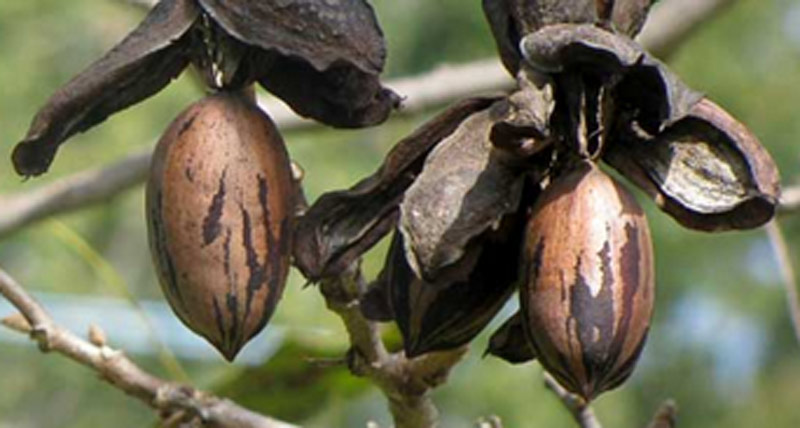
Nuts
Tree nuts are growing in popularity among organic growers and as part of agroforestry systems. Perennial staple crops can help mitigate climate change, as well as provide income, forage for animals, and can be an alternative source of protein and oils. Learn more about incorporating tree nuts into your operation here.
